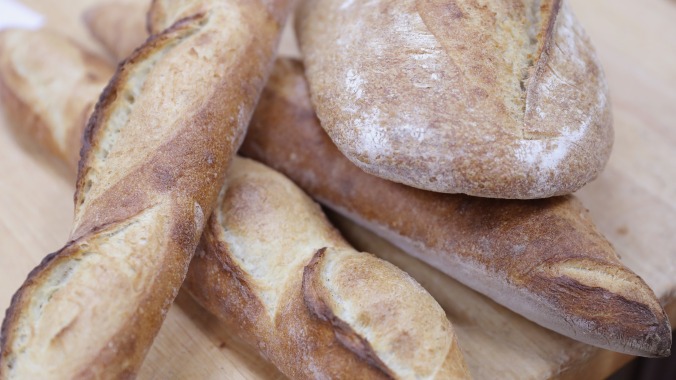Bread dildos and other NSFW topics in this very special Wiki Wormhole

This week’s entry: Quick hits
What it’s about: Lots of things! Over the years, we’ve come across Wikipedia articles that fascinated or amused to some degree, but were too short to write a full column about. So for the next few weeks, we’re going to shake up the format and move through our 6,198,555-part series a bit faster by tackling multiple subjects in brief. This week, we’re getting a bunch of not-entirely-safe-for-work topics out of the way all at once.
Small penis rule: While the best writers of fiction are able, through some alchemy, to turn words on a page into original characters that feel as alive as you or me, many more are lazy hacks who just write about people they know and change the names so it seems like they created something new. When this technique is especially blatant, it can open the writer up to cries of defamation, and even lawsuits over libel. But there’s one clever way to get around it: the small penis rule. When a writer creates an unflattering character that’s perhaps a little too close to their real-life inspiration, to avoid libel, they might give the character a small penis. The reasoning is that no one would come forward saying, “Hey, that guy with the small penis is based on me!” Billy And The Cloneasaurus author Michael Crichton has used this strategy. When journalist Michael Crowley gave a bad review to Crichton’s novel State Of Fear, Crichton had some petty revenge by naming a child rapist in his next book a journalist named Mick Crowley. In order to protect himself, Crichton was sure to go out of his way to mention the character’s small penis.
Mozart and scatology: Sure, Wolfgang Amadeus is one of the most brilliant and admired composers of all time. But he’s considered a genius by 10-year-old boys everywhere not for his music, but for his devotion to poop jokes, which was significant enough to merit a separate page on Wikipedia. The page quotes a letter to his cousin that includes this poem (which rhymes in the original German):








































